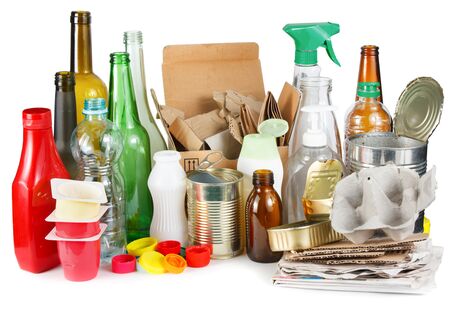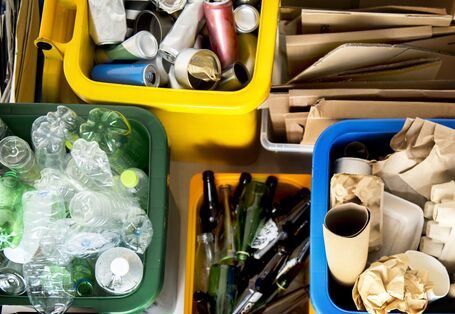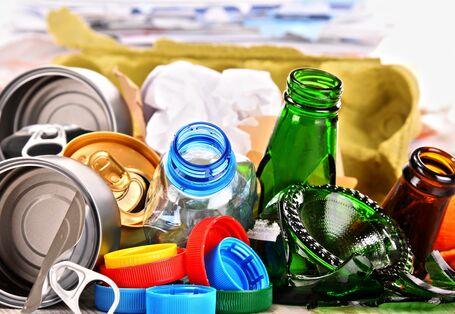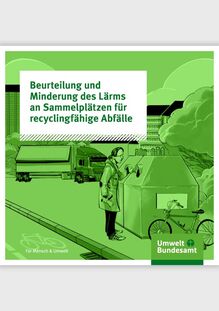Resource consumption is essential to our existence. Global population and economic growth are increasing the pressure on natural resources such as raw materials, land and biodiversity. The German Environment Agency pursues the key aim to reduce resource consumption and the associated environmental impact overall and along the entire value-adding chain. The avoidance of waste and the use of residual and waste materials as secondary raw materials and the energy recovery of waste can also make a meaningful contribution to resource conservation, as can resource-efficient production processes, products and utilisation concepts.
















